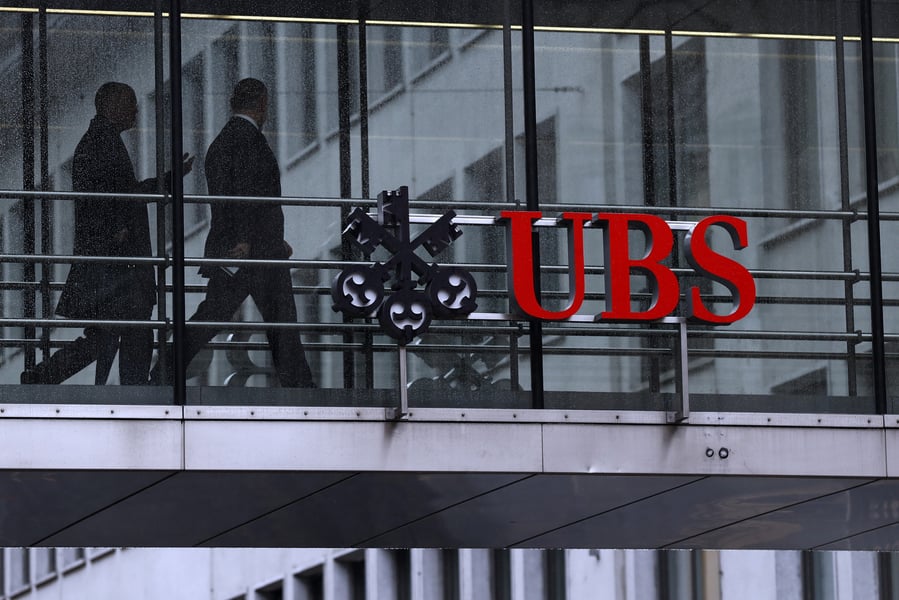

UBS Financial Services Inc. has agreed to pay $10 million in fines after the Securities and Exchange Commission announced Monday it charged the bank with allegedly circumventing the priority given to retail investors in certain municipal bond offerings.
Between 2012 and 2016, UBS knowingly allocated bonds intended for retail customers to “flippers,” who would immediately resell or “flip” the bonds to other broker-dealers for profit, according to the SEC. Moreover, UBS facilitated more than 2,000 trades, which allowed UBS to obtain bonds for its own inventory and, in turn, circumventing the priority of orders set by the issuers and improperly obtaining a higher priority in the bond allocation process.
To that end, UBS has agreed to a cease-and-desist order, without admitting or denying the findings, that it violated the disclosure, fair dealing and supervisory provisions. The fine includes a $1.75 million penalty, $6.74 million in disgorgement of ill-gotten gains plus more than $1.5 million in prejudgment interest.
“After fully cooperating with the SEC, UBS is pleased to have resolved this matter related to conduct that occurred between 2012 and 2016 in its former distribution business of negotiating new issue municipal bonds,” a UBS spokesperson wrote in an email. “The conduct predates the launch of UBS’s new Public Finance business in 2017 and adoption of enhanced systems and procedures.”
The SEC also announced separate fines for UBS registered representatives William Costas and John Marvin for negligently submitting retail orders for municipal bonds on behalf of their flipper customers. Costas allegedly helped UBS bond traders improperly obtain bonds for UBS’s own inventory through his flipper customer, according to the SEC.
Costas agreed to pay disgorgement and prejudgment interest totaling $16,585 and a civil penalty of $25,000, and Marvin agreed to pay disgorgement and prejudgment interest totaling $27,966 and a civil penalty of $25,000. Both consented to a 12-month limitation on trading certain securities.
In April, the SEC settled charges against Jerry Orellana, a former UBS executive director, for submitting retail orders to the underwriting syndicate from certain UBS customers who were flippers.
“Retail order periods are intended to prioritize retail investors’ access to municipal bonds and we will continue to pursue violations that undermine this priority,” said LeeAnn Gaunt, chief of the Division of Enforcement’s Public Finance Abuse Unit, in a statement.
The SEC previously brought charges of municipal bond offering “flipping” and retail order period abuses in August 2018, in December 2018, in September 2019 and in April 2020, the regulator noted in a press release.

Blue Anchor Capital Management and Pickett also purchased “highly aggressive and volatile” securities, according to the order.

Reshuffle provides strong indication of where the regulator's priorities now lie.

Goldman Sachs Asset Management report reveals sharpened focus on annuities.

Ahead of Father's Day, InvestmentNews speaks with Andrew Crowell.

Cerulli research finds nearly two-thirds of active retirement plan participants are unadvised, opening a potential engagement opportunity.
Barely a decade old, registered index-linked annuities have quickly surged in popularity, thanks to their unique blend of protection and growth potential—an appealing option for investors looking to chart a steadier course through today’s choppy market waters, says Myles Lambert, Brighthouse Financial.
How intelliflo aims to solve advisors' top tech headaches—without sacrificing the personal touch clients crave
